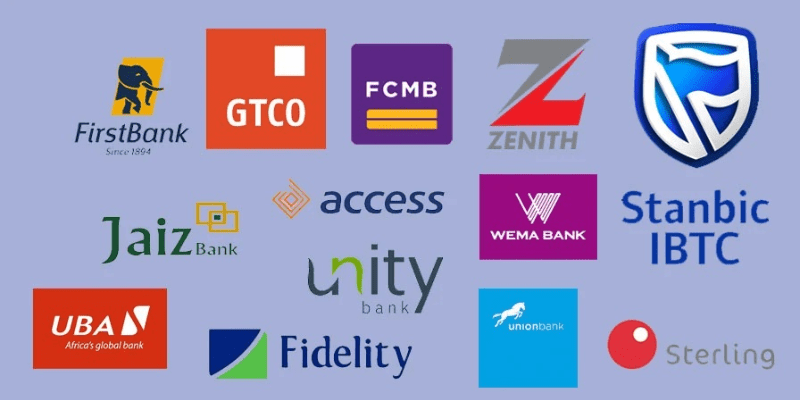The Covid-19 pandemic brought about a sudden change to the way people do things. From running businesses to relaxation and education, the world found itself shifting towards a remote model of activity.
Following a long suspension of academic activities in Nigeria, schools finally decided to adopt online learning options.
However, students weren’t feeling the new vibe as most of them reportedly prefer their physical classes. According to the report of a Kaspersky study, a whopping 84% of Nigerian students surveyed prefer in-person learning to online learning. The report also noted that parents too prefer offline studies for their children and wards.
Why students prefer physical to virtual learning
There are several reasons why Nigerian students prefer to be schooled physically than through online means according to the report. The first and most common reason is that they miss interacting with their peers and friends in school.
According to the report, 71% of students who tried virtual learning during the pandemic complained about a lack of in-person communication with their peers between classes.
See also: How Stranerd is building an online community for Nigerian students to learn and earn
Another significant reason is that they find themselves spending too much time with their devices while not doing the things they would rather be doing there. In other words, they were bored. 60% of respondents dislike learning online because of having to spend so much time in front of a screen.


Frequent technical problems are also a major reason why students didn’t embrace virtual learning as much as the traditional physical ones. 67% of respondents made that complaint.
29% of students complained that it is more difficult to understand educational materials with remote learning compared to offline classes. This means they still prefer instructions from their teachers. Only 16% of students still indicated that they prefered remote learning.
Maths and chemistry are the hardest subjects to learn virtually
Even though students generally prefer learning anything offline than online, they, however, pointed out some major subjects which made the experience even less appealing to them.
According to the report, the exact and natural science subjects are the hardest for students to learn remotely. Mathematics emerged top on that list with 72% of respondents claiming it is the hardest subject to learn online.
Chemistry is the second hardest subject with 42% of respondents saying they found the subject difficult to learn virtually. Physics came third with 38% of students insisting they found the subject difficult to learn online during the pandemic.


As for parents, 52% stated they don’t want to continue this learning format after the pandemic, and 25% noted a general decline in the quality of education as its main drawback.
It is clear that the transition to remote learning during the pandemic has been a real challenge, not just for children, but parents and teachers alike. As such, it is highly unlikely that virtual learning would become the main means of learning anytime soon.
However, the Principal Security Researcher at Kaspersky, David Emm notes that for now, it could only work as a substitution for the usual classes “to one extent or another.”
“Despite the fact that according to our research both – parents and children prefer offline learning rather than online, it’s important to introduce various digital and interactive elements into the educational process and improve digital literacy level of children and their parents, as well as teachers,” he said.






